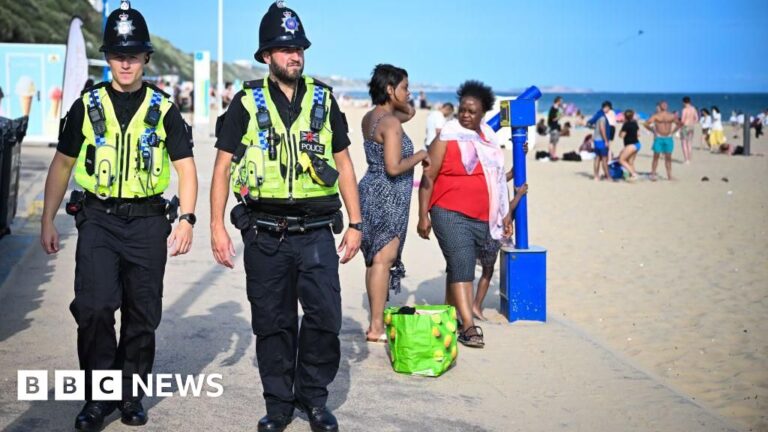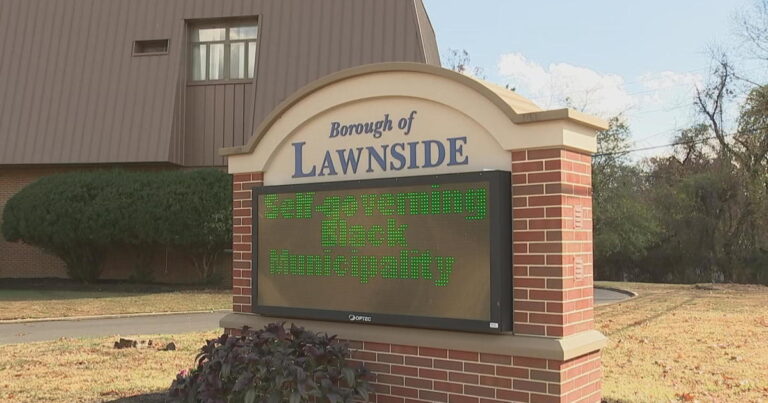Greenville School Board Rejects LGBT Gender Discrimination Protections
Greenville School Board Votes Against LGBT Protections
In a controversial decision, the Greenville School Board has made headlines by voting to reject changes that would have implemented protections against discrimination based on sexual orientation and gender identity. This choice has sparked discussions across the community and beyond, bringing various perspectives—some in support of the decision and others vehemently opposed.
Understanding the Decision
Before diving into the implications of the board’s decision, let’s take a moment to understand what was at stake. The proposed changes aimed to enhance and clarify existing policies to protect LGBT students and staff from discrimination. The potential adjustments would have included specific language reaffirming a commitment to equality and inclusion for all students, regardless of their sexual orientation or gender identity. But why, you ask, would a school board turn its back on such a critical issue?
Many board members cited concerns over legal implications and community feedback as driving factors. It’s a classic tightrope walk—the struggle between wanting to protect vulnerable populations and maintaining what some in the community consider traditional values. But is balancing these two sides truly the best course of action? Let’s explore.
The Community and the Board: A Divided Landscape
In the wake of the decision, the Greenville community has found itself polarized. Some residents applauded the school board’s stance, arguing that these proposed changes could infringe upon personal beliefs and freedoms. Others, however, felt that rejecting these protections sends a harmful message to vulnerable students who already face discrimination in various aspects of their lives.
Voices from Both Sides
Those in favor of the rejection often argue from a standpoint of tradition and parental rights. They believe that schools should maintain a focus on foundational educational principles rather than wading into complex sociopolitical waters.
On the other hand, advocates for LGBT protections assert that schools have a responsibility to protect all students. After all, every child deserves a safe learning environment where they can thrive without fear of harassment or discrimination.
A Wider Lens: National Trends
Greenville isn’t alone in these debates. Across the United States, we’re witnessing a wave of similar discussions as local school boards grapple with policies that either promote inclusivity or uphold traditional doctrines. Statistically, many states are seeing fluctuating support for LGBT protections, reflecting a mix of progressive change in some areas while regressive ideas sometimes gain traction elsewhere.
The Rationale Behind the Decision
So what exactly swayed the school board’s vote? To unearth the reasoning, let’s break it down:
- Legal Concerns: Board members voiced worries regarding potential legal ramifications that could arise if they adopted measures perceived as infringing upon others’ rights.
- Community Feedback: Many members reflected that they are responding to the majority social ethos in Greenville, which leans towards conservatism.
- Fear of Polarization: Some board members expressed concerns that passing these measures could further divide an already polarized community.
It’s a tricky balancing act, for sure. But, is it worth risking the well-being of certain student groups for a perceived sense of harmony?
Consequences for Students and Staff
Regardless of a school board’s intentions, the decision carries real consequences. For LGBT students specifically, the message here could suggest that their identity is not valued—or worse, that it should be hidden or suppressed.
Emotional Impact
Imagine navigating the already tumultuous waters of adolescence as an LGBT student. Now, put on top of that the burden of feeling unprotected against potential bullying or discrimination. The rejection of these protections sends a stark warning: the very environment that is supposed to be nurturing could harbor ignorance and hostility.
Academic Performance
Various studies indicate that feeling unsafe or unsupported in a school setting has a direct impact on academic outcomes. When students feel marginalized, their ability to focus on learning diminishes. The implications are broad and critical—LGBT students may experience declines in grades, increased dropout rates, and even challenges in forming relationships.
Moving Forward: Possible Solutions
So, where do we go from here?
Open Dialogues
Communities like Greenville need forums for constructive, respectful dialogue. Not everyone will agree, but engaging in conversations that break down misunderstandings can prove invaluable. School boards could facilitate community workshops or discussions that involve diverse viewpoints to foster a sense of inclusivity.
Increased Awareness
Education is key. Many board members and community members may lack a comprehensive understanding of the struggles faced by LGBT individuals. Implementing awareness campaigns through schools can help dissect myths and misconceptions that lead to unfounded fears, serving as a bridge to greater acceptance.
Student Support Groups
Empowering students with the opportunity to create support groups can also cultivate a culture of inclusivity. These groups can lend a voice to those who feel unheard and provide a safe space for young people to connect with peers facing similar challenges.
Conclusion
The decision made by the Greenville School Board has opened a can of worms, revealing not just the complexities of discrimination protections, but also the very heart of a community wrestling with its values. As conversations continue, one must ask—how can we ensure that every student feels safe, valued, and supported in their educational environment?
This issue is not going to disappear overnight. We need dialogue, understanding, and a willingness to look beyond personal beliefs to the needs of a broader community. After all, education should be about fostering growth—both academically and personally.
FAQs
1. What does the Greenville School Board’s decision mean for LGBT students?
The decision suggests that LGBT students may not have specific protections against discrimination, which could impact their safety and comfort in school.
2. Why did some community members support the rejection of protections?
Many community members expressed concerns regarding traditional values and potential infringements on personal beliefs.
3. How can communities move forward after this decision?
Open dialogues, increased awareness about LGBT issues, and creating support groups for students are all potential next steps.
4. Are there similar cases happening across the U.S.?
Yes, many local school boards nationwide are encountering similar discussions regarding LGBT protections and inclusivity.
5. What are the potential academic impacts on LGBT students who feel marginalized?
Studies show that when students feel unsafe or unsupported, their academic performance, attendance, and emotional well-being are negatively affected.







